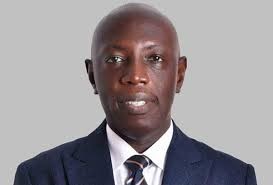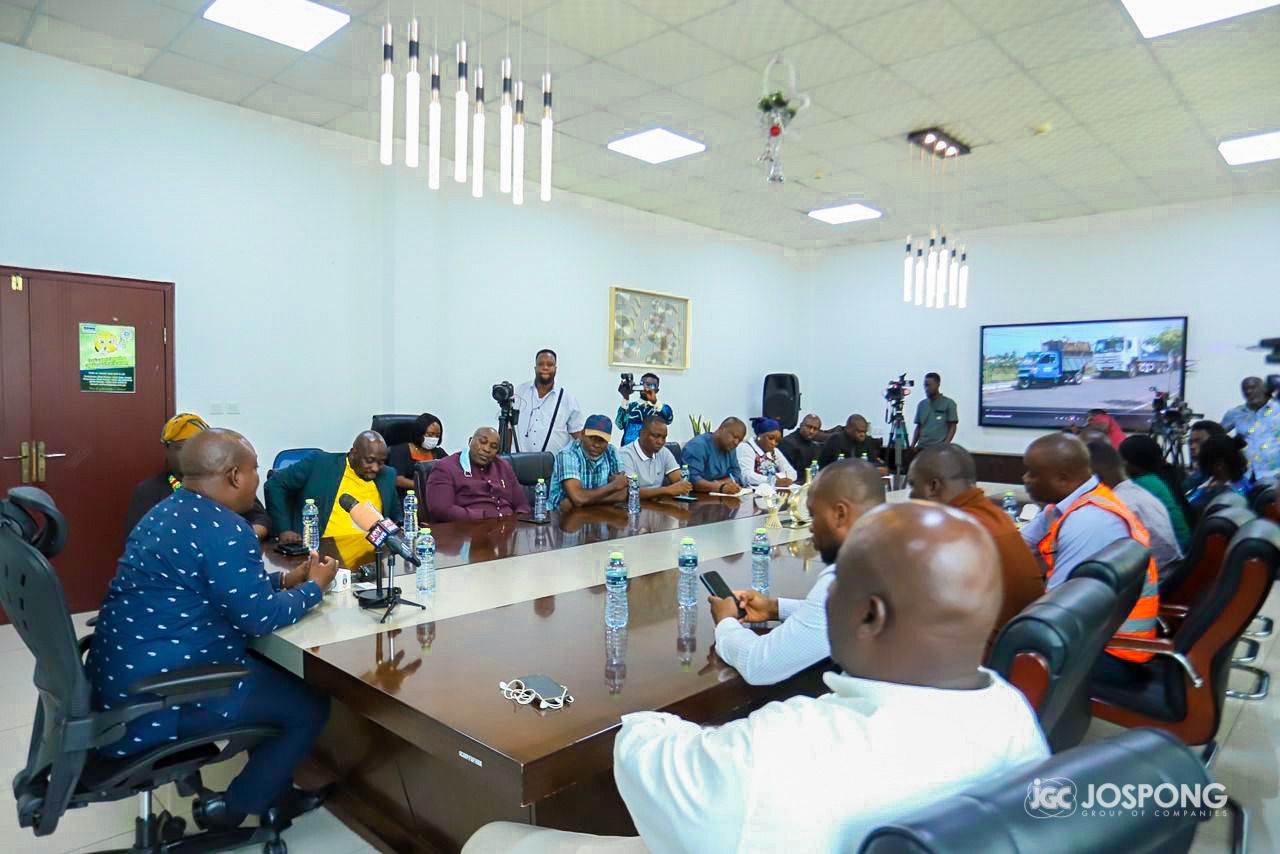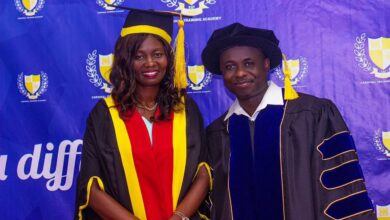Gov’t spends over GH18,000 per student annually on Free SHS – Prof. Boadi

Prof. Isaac Boadi, Dean of the Faculty of Finance and Accounting at the University of Professional Studies, Accra (UPSA), has highlighted the significant financial commitment the government makes each year to sustain the Free Senior High School (SHS) policy, calling for collective efforts to protect this transformative initiative.
Speaking on the Atupan Show on Asaasepa 107.3 FM on Monday, November 18, 2024, hosted by Bonohene Baffour Awuah, Prof. Boadi revealed that the state invests over 18,000 cedis per student annually under the Free SHS program. He explained that these funds cover essential expenses such as free uniforms, admission fees, maintenance costs, physical education kits, and supplementary stationery for the students. He described the financial burden taken off parents as “enormous,” underscoring the scale of the government’s intervention.
“When you multiply that investment by the number of students benefiting from the policy, the figures become mind-boggling. This isn’t just a minor expense; it represents a monumental allocation of resources to ensure that education is accessible to every Ghanaian child,” he stressed.
Policy’s continuity
Prof. Boadi called on all Ghanaians to recognize the value of the policy and to support measures to ensure its continuation. “We must appreciate and safeguard these efforts,” he urged, pointing to the broader impact of Free SHS on families across the country. “Education is a cornerstone of national development, and we must protect this investment in our youth.”
He stressed that the long-term benefits of Free SHS outweigh the financial strain on the state budget, noting that the policy is a vital step toward building an educated and skilled workforce. “The government’s commitment to bearing this financial burden is a testament to its dedication to the future of Ghana’s youth. It is now up to all of us to ensure that this investment yields the best possible outcomes for our country,” he added.
The dean also emphasized the academic achievements of Free SHS students, countering claims that the program has compromised educational quality. “If anyone says Free SHS has negatively affected the quality of education, they simply do not know what they are talking about,” he said. “Our students are excelling in areas like Robotics, and some are even pursuing higher studies in prestigious institutions like Brunel University. In core subjects such as Mathematics, Science, and English, the results are there for all to see. The NPP administration has not compromised quality; rather, we have enhanced access and opportunity.”
The Free SHS campaign
Prof. Boadi further announced that a group of about 200 university educators is preparing to embark on an educational tour across the Central, Upper East, and Upper West regions to further defend and promote the policy. He said the objective of the tour is to engage parents and guardians directly, explaining the immense value of Free SHS and the need to protect it from political threats.
“We believe the policy is under threat,” he said, referencing past statements and pronouncements made by the National Democratic Congress (NDC) leadership. “We were in Ghana when we heard some of the NDC’s rejections and criticisms of the program. Even former President John Mahama once remarked that during elections, ‘we don’t tell the absolute truth; we lie small and speak the truth small.’ Mahama is on record to have said, “Ghana must not implement Free SHS on the whimsical promises of a desperate politician.” Such statements make us worry about the future of Free SHS under an NDC administration,” he stated.
Prof. Boadi stressed that the tour would provide a platform for educators to engage in meaningful conversations with local communities, addressing misconceptions and reinforcing the importance of sustaining the policy.
History of scholarships
The dean drew parallels between Free SHS and previous scholarship schemes, such as the Northern Scholarship and Cocoa Scholarship initiatives, which supported secondary education for specific groups. He argued that Free SHS builds on that legacy but on a much larger, nationwide scale. “We are making history by achieving gender parity in secondary education, something that was unthinkable a few decades ago,” he noted.
Prof. Boadi, therefore, called on all Ghanaians, regardless of political affiliation, to recognize the policy as a national asset that should be preserved. He emphasized the foundational pillars of education—quality, affordability, and access—as essential components of national development. “If we want our country to develop, we need to invest in mindset and resources,” he said. “These are the building blocks of a prosperous future.”
He urged unity in protecting the Free SHS policy, highlighting its role in shaping Ghana’s human capital and economic future. “This is not just about today’s students; it’s about the long-term development of our nation. Let’s work together to ensure that every child has the opportunity to learn, grow, and contribute to Ghana’s progress,” he indicated.
Story by Bright Philip Donkor




